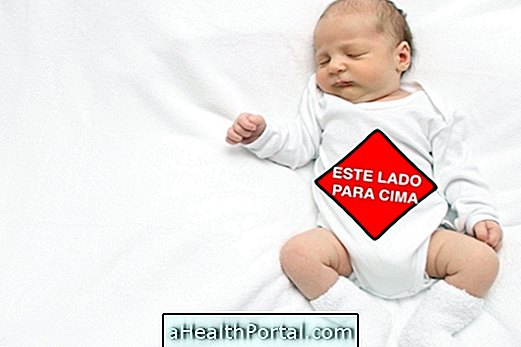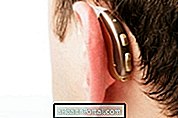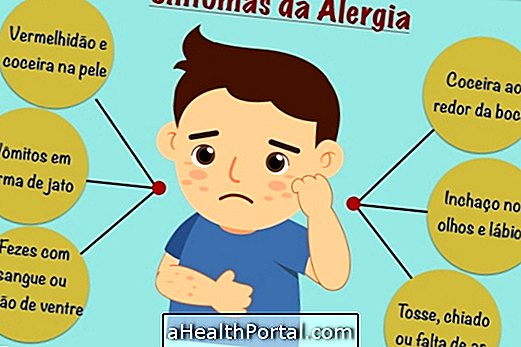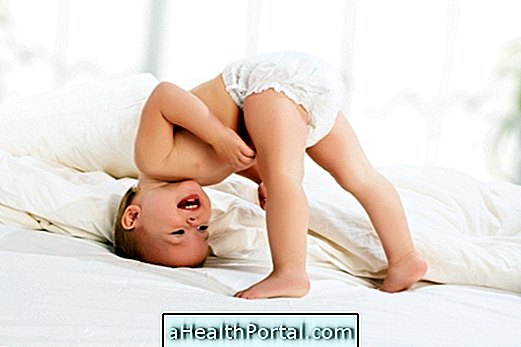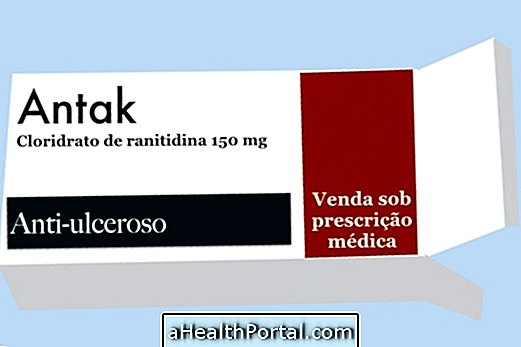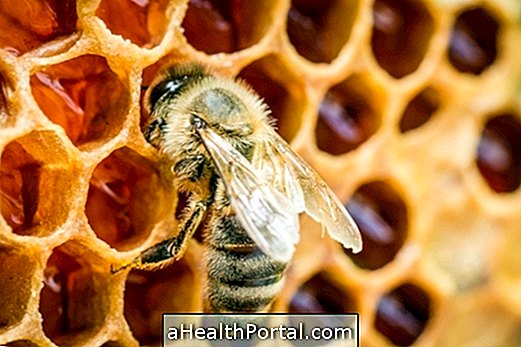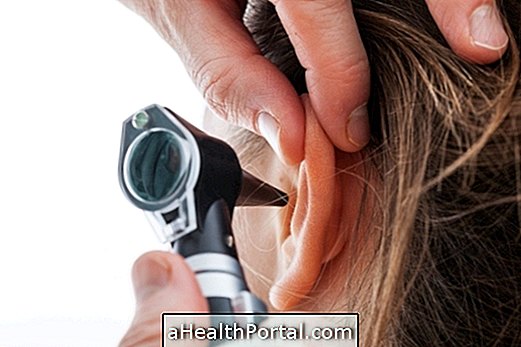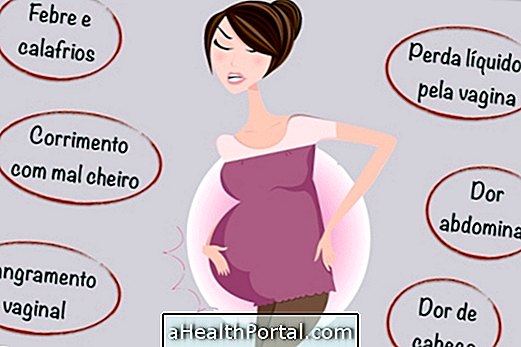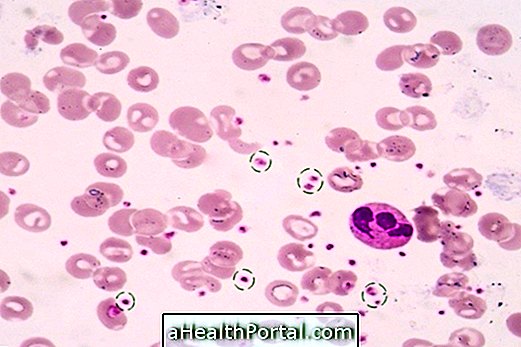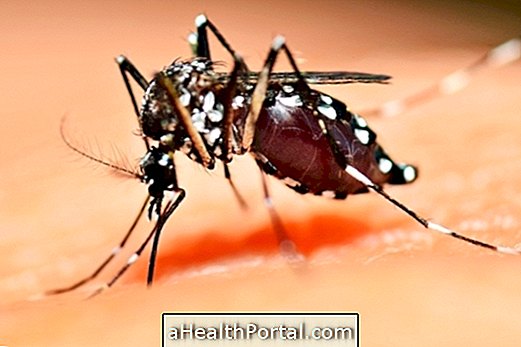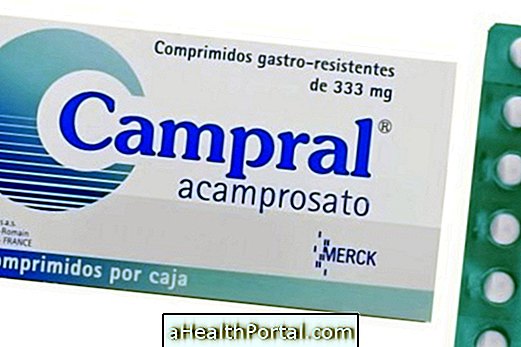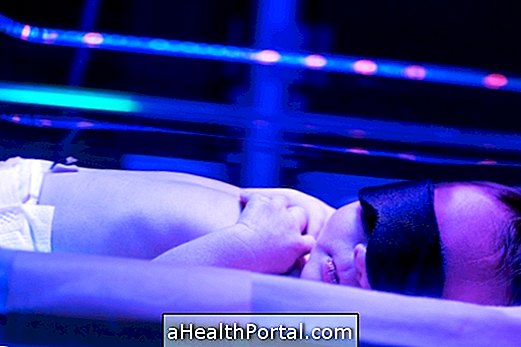Childhood bruxism can be treated with dentition protectors or bite boards made by the dentist to fit the child's teeth to prevent their wear. These plates should be worn at night, which is when most children grind their teeth.
In addition, if bruxism is caused by dental problems, such as using the appliance or misalignment between the top and bottom teeth, for example, it is important to consult your dentist to institute appropriate treatment. The dentist should also monitor the development of the child's teeth and restore the teeth as they change and wear away.
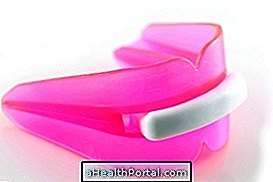

What causes teeth grinding
The grinding of the teeth at night has as main causes causes such as stress, anxiety, hyperactivity, nasal obstruction, use of medicines. Thus, the treatment of childhood bruxism may involve exercises and relaxation techniques guided by a psychologist.
Other less common causes are nasal obstruction, sleep apnea, ingestion of some remedies or even when the child has an inflammation in the ear that causes pain by making the teeth grind. In these cases, the pediatrician evaluates the child, indicates the performance of some exams and guides the appropriate treatment.
Ranger teeth at night is a sign of worms?
Childhood bruxism is not a sign of worms being just an old popular belief about grinding teeth in the child. To find out how to identify the worms in your child see: How to know if your child has worms.
What to do in case of bruxism
Some tips that can help parents deal with the stress and anxiety of the child and consequently the treatment of bruxism include:
- Read a story before bed;
- Listen to a relaxing song that the child enjoys before going to sleep;
- Give the child a warm bath before bed;
- Put drops of lavender essential oil on the pillow;
- Talk to the child, asking what is troubling you, such as a school test or a discussion with a colleague, trying to find practical solutions to their problems.
In addition, parents should not prolong the child's use of a pacifier or bottle and should provide food to the child for chewing, as the child can grind his teeth at night for not chewing during the day.
How to identify bruxism in children
Symptoms of infant bruxism include:
- Production of sounds at night due to the creaking of the child's teeth while sleeping;
- Headache, ears or jaw after waking up;
- Pain when chewing.
In the presence of these symptoms, parents should see a dentist and pediatrician, as bruxism can lead to poor tooth position, tooth wear, gum and jaw joint problems, or head, ear and neck pain that can affect the quality of life of the child.
